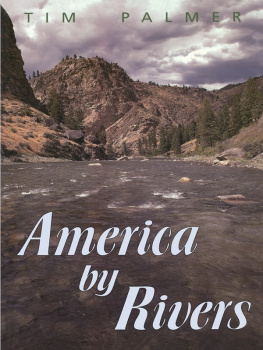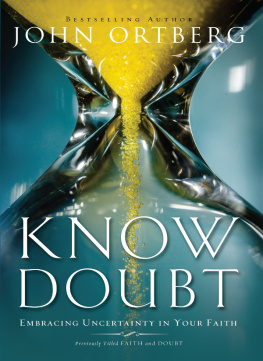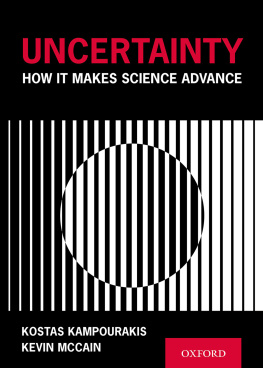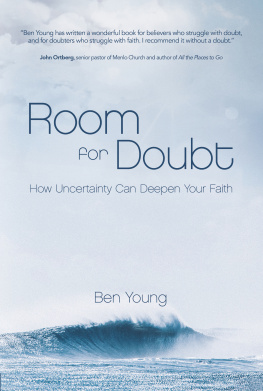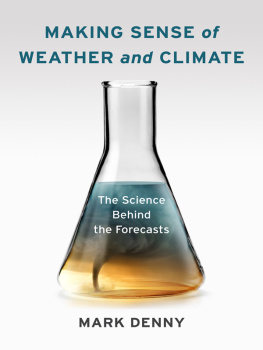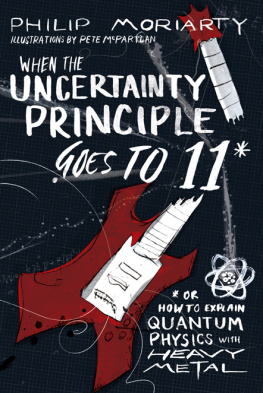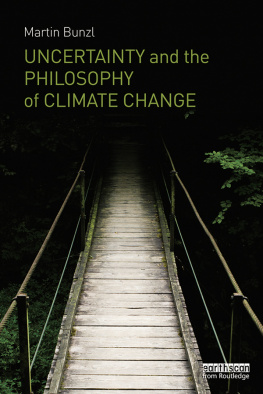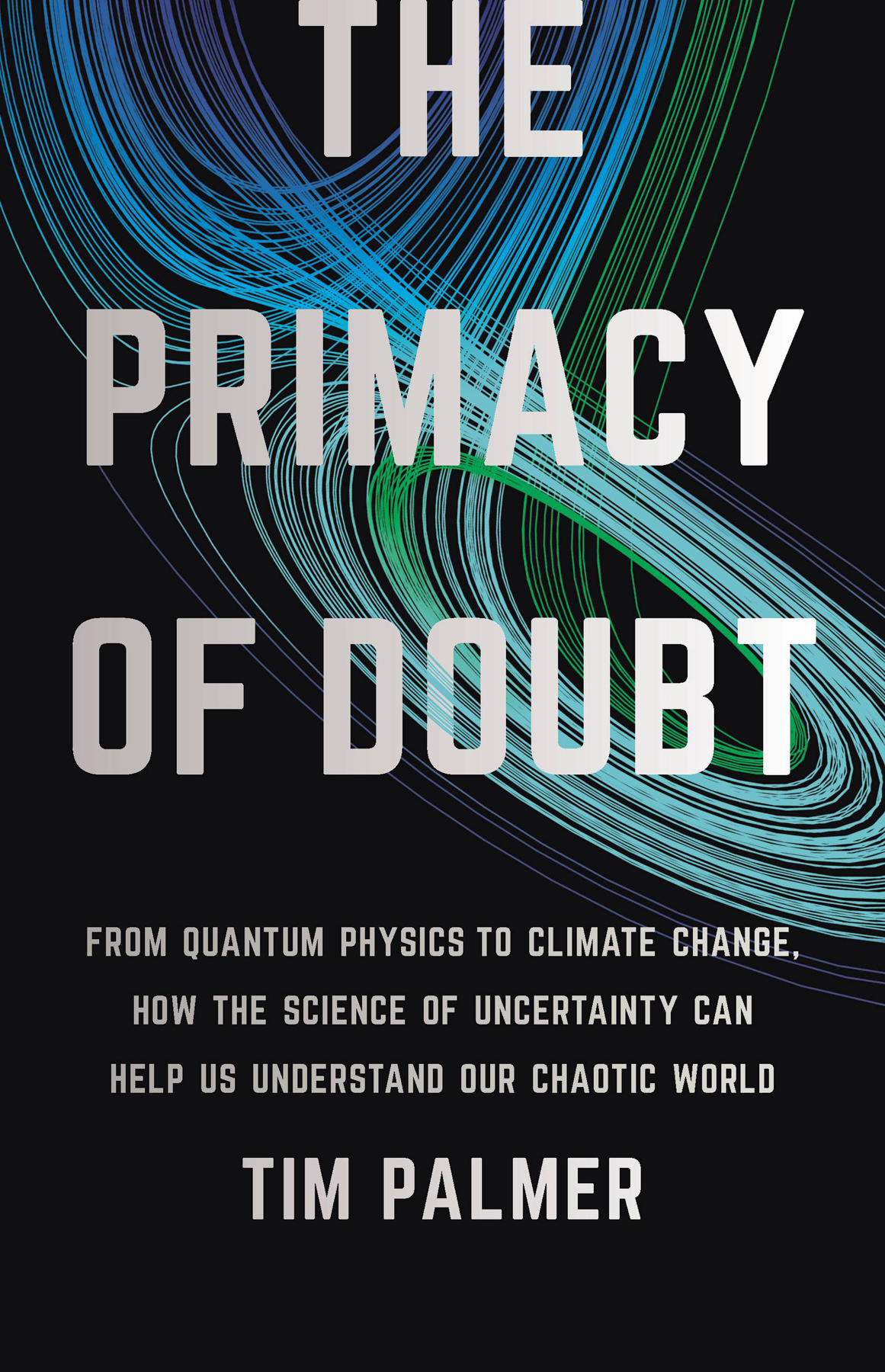
Copyright 2022 by Tim Palmer
Cover design by Ann Kirchner
Cover image Local_Doctor / Shutterstock.com
Cover copyright 2022 by Hachette Book Group, Inc.
Hachette Book Group supports the right to free expression and the value of copyright. The purpose of copyright is to encourage writers and artists to produce the creative works that enrich our culture.
The scanning, uploading, and distribution of this book without permission is a theft of the authors intellectual property. If you would like permission to use material from the book (other than for review purposes), please contact permissions@hbgusa.com. Thank you for your support of the authors rights.
Basic Books
Hachette Book Group
1290 Avenue of the Americas, New York, NY 10104
www.basicbooks.com
First Edition: October 2022
Published by Basic Books, an imprint of Perseus Books, LLC, a subsidiary of Hachette Book Group, Inc. The Basic Books name and logo is a trademark of the Hachette Book Group.
The Hachette Speakers Bureau provides a wide range of authors for speaking events. To find out more, go to www.hachettespeakersbureau.com or call (866) 376-6591.
The publisher is not responsible for websites (or their content) that are not owned by the publisher.
): vector of people by Olga Tik; background walls image from Freepik.com.
Library of Congress Cataloging-in-Publication Data
Names: Palmer, Tim N., 1952 author.
Title: The primacy of doubt : from quantum physics to climate change, how the science of uncertainty can help us understand our chaotic world / Tim Palmer.
Description: First edition. | New York : Basic Books, 2022. | Includes bibliographical references and index.
Identifiers: LCCN 2022006507 | ISBN 9781541619715 (hardcover) | ISBN 9781541619708 (ebook)
Subjects: LCSH: Weather forecasting. | Uncertainty. | Probabilities. | Quantum theory.
Classification: LCC QC995.4 .P35 2022 | DDC 003/.857dc23/eng20220726
LC record available at https://lccn.loc.gov/2022006507
ISBNs: 9781541619715 (hardcover), 9781541619708 (ebook)
E3-20220901-JV-NF-ORI
To Gill, Sam, Greg and Brendan, for their love, support, patience and understanding.
In memory of Dennis Sciama, Raymond Hide, Ed Lorenz and Bob May, who, in their own different ways, taught and inspired me.
Our freedom to doubt was born of a struggle against authority in the early days of science. It was a very deep and strong struggle. Permit us to questionto doubt, thats allnot to be sure.
RICHARD FEYNMAN
He believed in the primacy of doubt, not as a blemish on our ability to know, but as the essence of knowing.
FROM JAMES GLEICKS BIOGRAPHY OF RICHARD FEYNMAN
A S A READER, I SUPPOSE ITS NOT UNUSUAL TO SKIP OVER THE preface to a book and get straight down to the business end of things. At least, thats what I tend to do.
If you do the same, it wont stop you understanding the key theme of this book: how the science of uncertainty can help us make sense of our very uncertain and unpredictable world. But you may wonder, since pretty much everything in life is uncertain, why I focus on the particular, seemingly disparate topics singled out in this bookclimate change, economics, quantum physics and cosmology, human creativity and consciousness, to name a few? Why not earthquakes, drug design or cyberattacks? The answer lies in my scientific background.
I studied for a PhD in the 1970s, researching Einsteins theory of general relativityEinstein had become a hero of mine by the time I was a teenager. I was lucky, the 1970s are considered to have been a golden age for general relativity theory. At the first scientific conference I ever attended, in 1974, I literally heard Stephen Hawkinghe hadnt then lost his voiceannounce his most important and famous result: that black holes arent truly black, but radiate quantum particles.
, Dennis Sciama, Hawkings PhD supervisor some years earlier, was ecstatic about this result. Sciama was optimistic that we were on the verge of understanding how to unify Einsteins theory of general relativity with quantum mechanics, the theory that successfully describes atoms and elementary particles. There were problems, however. One problem which frustrated Sciama was that Hawkings calculations were a little arcane. Sciama was convinced that there must be a more physically transparent way of deriving such an important result. He started to look at alternative ideas based on concepts from a field of physics called non-equilibrium thermodynamics. Sciama asked me to look at what is called the principle of maximum entropy production, something I hadnt heard of at the time.
Towards the end of my PhD research, I had become an expert on black holes and was successful in securing a postdoctoral position in Hawkings group at Cambridge. All seemed set for a career as a theoretical gravitational physicist.
But the closer I came to starting this new position, the less sure I became that this was what I wanted to do. For a start, the work I was doing had absolutely no relevance to the well-being of the person in the street. On top of that, I realised that there were actually only a handful of professional people in the world who were truly interested in the nitty-gritty details of my work.
Perhaps none of this would have mattered if I felt I was going to be the person to unify quantum mechanics and general relativity. This was a holy grail for physics in the 1970s, and indeed it still is today; it remains an unsolved problem. But the more I thought about it, the more I found myself concluding that at a conceptual level these two theories were quite incompatible and werent going to be unifiedat least not by me.
The prevailing view at the time was to ignore these conceptual problems and to press ahead with the mathematics hoping something miraculous would work out in the end (dubbed Shut up and calculate by the American physicist David Mermin). However, not everyone felt like this. I began thinking back to that first conference I attended in 1974. The conference was opened by the renowned British theoretical physicist Chris Isham. In his introductory talk, Isham remarked,
It has become unfashionable these days for much notice to be taken of these conceptual problems, most people preferring to work on the more respectable technical difficulties. However, in quantum gravity, the conceptual and technical problems frequently go hand in hand and it is possible that by neglecting the former one is rendering irrelevant the latter.
These words began to resonate. I started to worry about embarking on a career working on things that would ultimately turn out to be irrelevant.
By chance, I met a world-famous meteorologist, Raymond Hide. Hide had interests in both astronomy and meteorology; he was the only person to be president of both the Royal Astronomical Society and the Royal Meteorological Society. I asked him what was new in climate physics. He proceeded to describe a paper by an Australian colleague showing how properties of Earths climate can be derived from the principle of maximum entropy production. It was as if a bolt of lightning had just hit me. Here was some obscure concept in physics whose existence I had only recently become aware of which could seemingly unify everything from the quantum evaporation of black holes to the structure of Earths climate system!
At the time, the United Kingdoms Met Office was looking for scientists. Almost on a whim, I decided to apply, not sure if this was what I really wanted to do. At the interview stage I blathered incoherently about the critical importance of the principle of maximum entropy production for understanding climate. To my great surprise I was offered a job.


